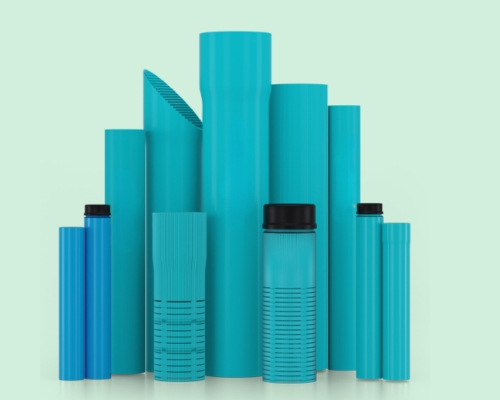
Sevices
Casing Pipes
APC casing Pipe and ribbed screen pipes are manufactured using a special Lead Free PVC-U compound which makes them ideal for the transportation of hard, salty, sandy or chemically aggressive water. APC range of PVC-U plain casing and ribbed screen pipes are specially designed to protect water lines from soil conditions.
This special design makes them ideal for domestic wells, industrial wells, public and mining wells. These pipes are also anti-corrosive, which prevents chemicals in the soil from affecting them.
APC casing Pipe and ribbed screen pipes are better than conventional metal pipes as they are lightweight, corrosion free and long lasting. These pipes do not alter the water quality and are recyclable. Casing pipes are easy to install as the threaded ends ensure that the pipes can be interlocked without the use of cements or adhesives.
Casing Pipes :
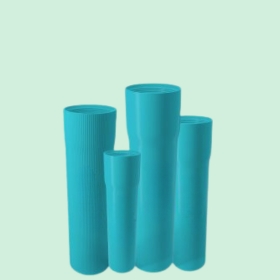
CS Casing Agriculture Pipe
Confirming to IS 12818
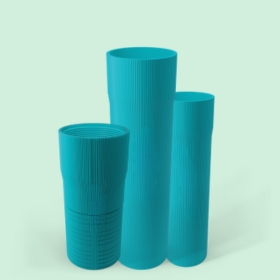
Ribbed Screen Agriculture Pipe
Confirming to IS 12818
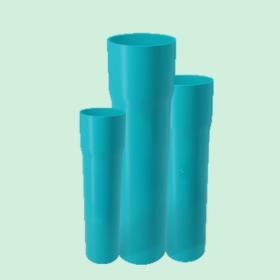
Series Blue Casing SDR Agriculture Pipe
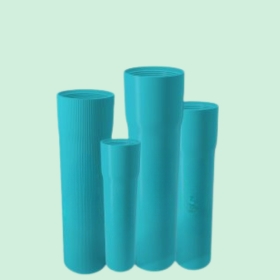
Casing RDS & CD Agriculture Pipe
Confirming to IS 12818
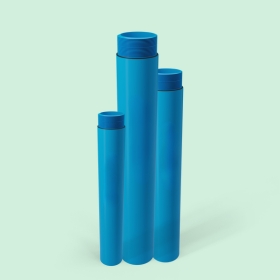
Dark Blue ASTM Casing Pipe (Agriculture Products)
As per ASTMD 1785
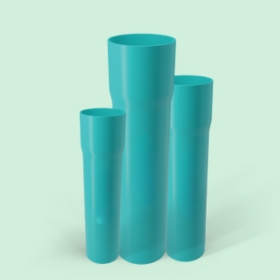
Finolex CM Casing Pipe (Agriculture Products)
Confirming to IS 12818
Technical Details:
Following factors may result in pipe deformation and bursting. Bore mechanics should take care while installation:
Additional information :
CASING PIPE INSTALLATION GUIDELINES